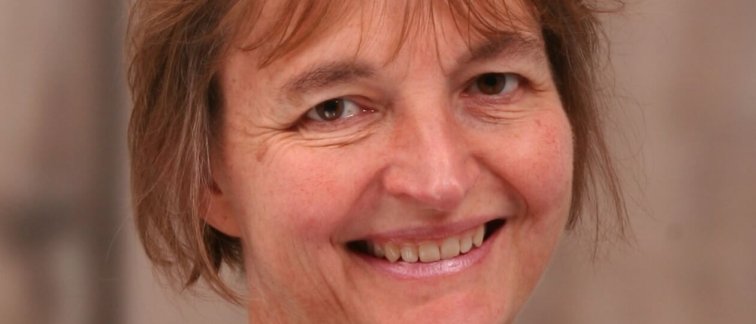Living at the Vrije Universiteit Amsterdam. She shared her scientific view of healthy and sustainable food during the public lecture “Healthy food for a healthy planet”, organized by the Dutch Academy of Nutrition Sciences (NAV) in Driebergen on June 2, 2022.
According to Brouwer, the main cause of the crisis in our food system is the huge increase in the world’s population, which has doubled since 1970. Although food production is also increasing, it cannot keep up with this pace. Brouwer: ‘I estimate that from about 2030 onwards, not enough calories will be produced to feed everyone. Now, enough calories are still being produced, but only the distribution across the world is unfair: in North America there are on average about 1,000 kcal per person per day more available than in Africa. This has the distressing consequence that part of the world’s population is malnourished and another part takes in so many calories that it makes one sick.’
Reducing food waste costs little, but also delivers little
Fortunately, Brouwer also had good news: “It is still possible to turn the tide, but then the food system must quickly become more sustainable. We do not all have to become vegetarians, partly because not all land is suitable for growing plant-based foods. But as long as there are people who eat too much meat, it is good that some people eat vegetarian or vegan. Additionally, there are gains to be made by using artificial fertilizer more sustainably and producing food more carefully with respect to animal welfare and biodiversity. Regarding reducing food waste, Brouwer says: “The environmental benefits are not great, but there are no drawbacks either.”
Read the complete press release (in Dutch) here

